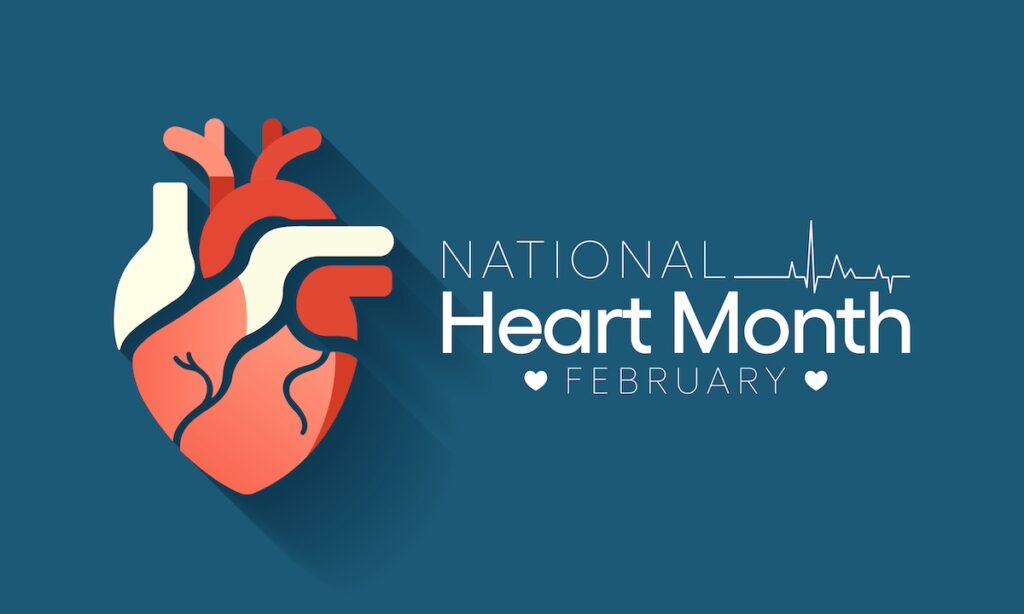Heart Month is an annual observance dedicated to raising awareness about heart health and cardiovascular diseases. Held every February in the US, this month-long campaign aims to educate people about the importance of maintaining a healthy heart and reducing the risk of heart-related illnesses. Let’s delve into why Heart Month matters for seniors and how they can benefit from the awareness and initiatives surrounding it.
The Significance of Heart Month
Heart disease remains one of the leading causes of death worldwide, with seniors being particularly vulnerable. According to the Centers for Disease Control and Prevention (CDC), about 80% of deaths from coronary artery disease occur in individuals aged 65 or older. Heart Month serves as a reminder of the importance of preventive measures, early detection, and management of heart conditions, especially for this demographic.
For seniors, maintaining heart health is crucial for preserving overall well-being and quality of life. Our bodies undergo physiological changes as we age, such as decreased elasticity of blood vessels and changes in cholesterol levels, the risk of developing cardiovascular diseases increases. Heart Month provides an opportunity to emphasize proactive steps that seniors can take to protect their hearts and reduce their susceptibility to heart-related ailments.
Key Focus Areas for Seniors During Heart Month
-
Education and awareness.
Heart Month initiatives typically include educational campaigns aimed at informing the public about risk factors, symptoms, and preventive measures related to heart disease. Seniors can benefit from learning about lifestyle modifications, such as adopting a heart-healthy diet, engaging in regular physical activity, managing stress, and avoiding tobacco use. -
Access to screening and healthcare services.
Many organizations offer free or discounted heart screenings and health checks during Heart Month. For seniors, these screenings can be instrumental in identifying underlying cardiovascular issues early on, allowing for timely intervention and management. Encouraging seniors to schedule regular check-ups with their healthcare providers can also help in monitoring heart health and addressing any concerns promptly. -
Community support and engagement.
Social isolation and loneliness can have adverse effects on seniors’ health, including their cardiovascular health. Heart Month activities often foster community engagement by organizing support groups, fitness classes, and social events centered around heart health. These initiatives not only provide valuable information but also create opportunities for seniors to connect with peers, share experiences, and cultivate a supportive network. -
Empowerment through self-care.
Seniors are encouraged to take an active role in managing their heart health by practicing self-care strategies. This may involve monitoring blood pressure and cholesterol levels at home, adhering to prescribed medications, and seeking help promptly if they experience any concerning symptoms. Empowering seniors to prioritize their heart health empowers them to lead fuller, healthier lives as they age.
Impact of Heart Month on Seniors
The observance of Heart Month has a tangible impact on seniors’ lives, both individually and collectively. By increasing awareness and understanding of heart health issues, seniors are better equipped to make informed decisions about their lifestyle choices and healthcare. Additionally, the sense of community and support fostered during Heart Month can contribute to improved mental and emotional well-being among seniors, which in turn positively influences their cardiovascular health.
Furthermore, Heart Month serves as a catalyst for broader societal changes that benefit seniors. Increased advocacy for policies promoting healthy aging, access to affordable healthcare, and funding for cardiovascular research can all have lasting implications for seniors’ health outcomes. By elevating heart health on the public agenda, Heart Month helps prioritize the needs of aging populations and encourages collaborative efforts to address cardiovascular challenges comprehensively.
Conclusion
Heart Month holds significant value for seniors, highlighting the importance of prioritizing heart health in the later stages of life. Through education, screening, community engagement, and empowerment, seniors can take proactive steps to protect their hearts and reduce their risk of cardiovascular diseases. As we continue to navigate the complexities of aging and healthcare, initiatives like Heart Month play a vital role in promoting healthy aging and ensuring that seniors can enjoy fulfilling, heart-healthy lives for years to come. Take charge of your heart health today with Advocare Care Management. Contact us at 561-266-3489 or visit https://caremanage.com/contact-us.

